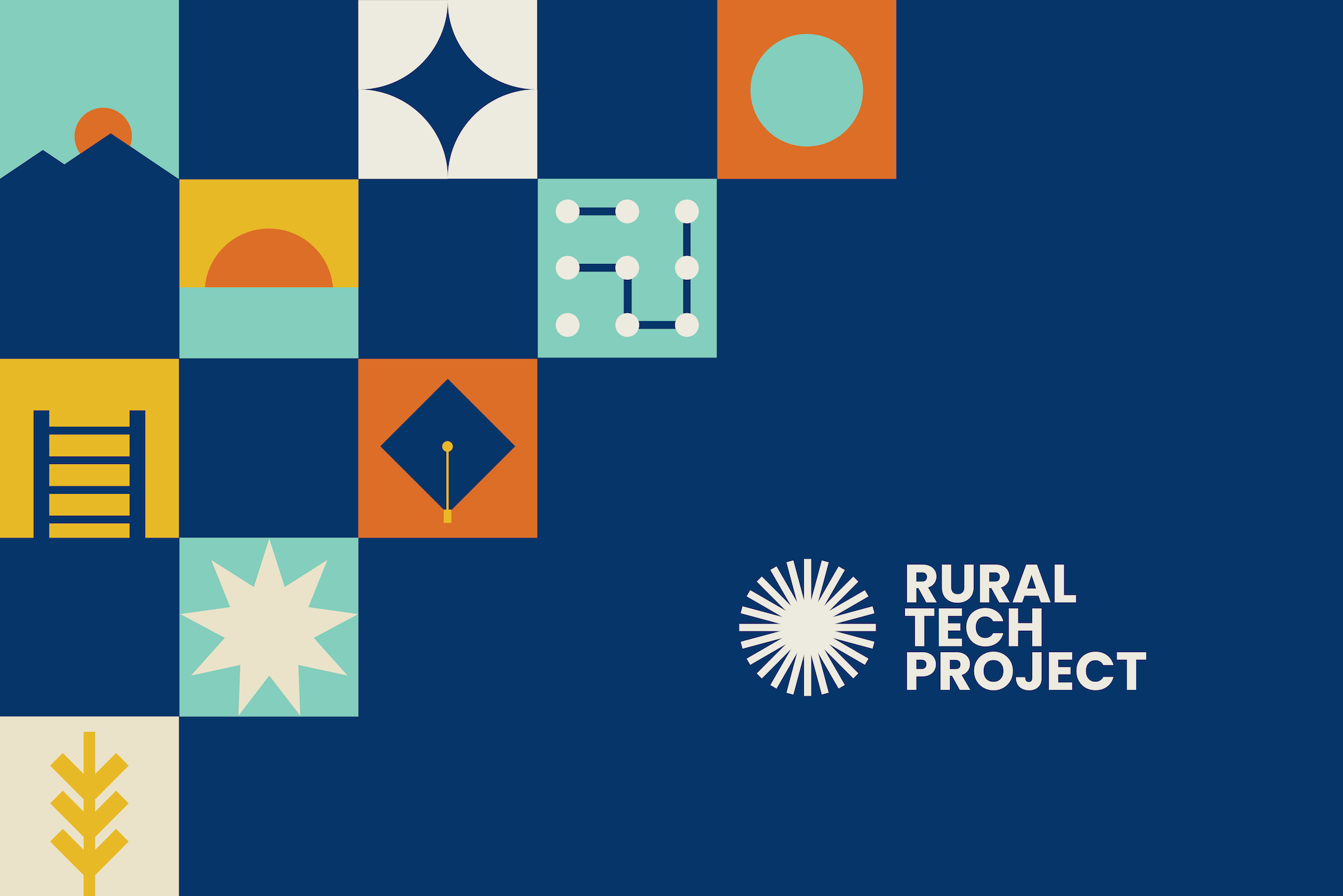Rural Tech Project finalist teams are implementing and iterating new STEM education programs.
Employment growth in technology careers is outpacing other occupations, and across industries, many of the fastest-growing, high-wage career opportunities will require advanced technology skills. In our newly hybrid world of work, talent is everywhere, and distributed work may democratize access to job opportunities. When students learn advanced technology skills, local economies can grow and thrive.
To diversify talent pools and help Americans build the skills they need for rewarding careers, the U.S. will need to do more than just build career pathways — education and economic development efforts will need to cultivate strong regional ecosystems. Rural communities can be a source of tech talent, and skills-based distance learning can help create opportunities in underserved areas. To develop new technology education programs that are customized for their students and local needs, educators need support and resources.
In 2020, the U.S. Department of Education invited rural high schools and local educational agencies to propose technology education programs that use competency-based distance learning. The Rural Tech Project received 63 proposals from teams across 34 states. Entrants proposed programs focusing on a range of technology skills — from computer science and cybersecurity to robotics and aviation.
Five finalist teams were recommended by a judging panel. Each team received a $100,000 cash prize and progressed to the second phase of the challenge:
- iLEAD Academy (Carrollton, Kentucky). iLEAD Academy’s Virtual Computer Science Career Academy offers students across five high schools the opportunity to take virtual, dual-credit courses leading to the completion of computer science degrees. Students can earn multiple work certifications to demonstrate mastery in digital literacy, computational thinking, programming languages, networking, and cybersecurity.
- Louisa County Public Schools (Mineral, Virginia). Louisa County Public Schools’ Cybersecurity Certification is providing a cybersecurity program that will prepare students to enter the workforce with industry credentials or attend a postsecondary program. Students can choose a two-year or four-year pace for the program and will select final-semester coursework that targets specific industry pathways.
- Premont Independent School District (Premont, Texas). Premont Independent School District is collaborating with Brooks County and Freer Independent School Districts as part of the Rural Schools Innovation Zone. The districts are working together to offer the Leaders in Future Technology (LIFT) Tech Startup Incubator, where students will develop technology-enabled solutions to address academy-related challenges in the region, then pitch their solution to a judging panel at the end of the year.
- Ravenna Public Schools (Ravenna, Michigan). Ravenna Public Schools is creating an agricultural technology program that will teach students transferable skills for robotics, healthcare, and computer informatics. The program is focusing on precision agriculture technology and students are working with IoT sensors to remotely collect data, access data, and manage agricultural commodities.
- Woodlake High School (Woodlake, California). Woodlake High School is introducing the Woodlake Aviation Pathway, which will prepare students for regional careers or post-secondary degrees. Students will learn drone operations, geometry, and aerodynamic principles, and apply that knowledge through in-person drone flights and simulator work.
In the first half of 2021, the finalist teams developed detailed program plans and built partnerships before launching their programs in the 2021-2022 academic year. Throughout the two-year implementation period, the Rural Tech Project is providing on-the-ground assistance, expert mentorship, and access to virtual resources; each team is also supported by a Community Engagement Manager, who assists with on-the-ground setup, implementation, and evaluation of each program.
The pilot programs are well underway, with a full semester of STEM learning complete. Teams are continuing to test novel approaches to competency-based education, collect data to evaluate their progress, and adapt their plans based on those findings. During summer 2023, teams will document their outcomes and learnings in a final submission; a judging panel will then recommend one grand-prize winner to receive an additional $100,000. The Rural Tech Project will compile insights from all finalist teams and share lessons learned as a resource for other communities.
Finalist teams are sharing regular updates on their programs on the Rural Tech Project website. Find out more about each team, and check out the inaugural-semester recap. To learn how your community or industry can support this project, contact the Community Engagement Manager listed on each team’s page, or email the Rural Tech Project at hello@ruraltechproject.com.

